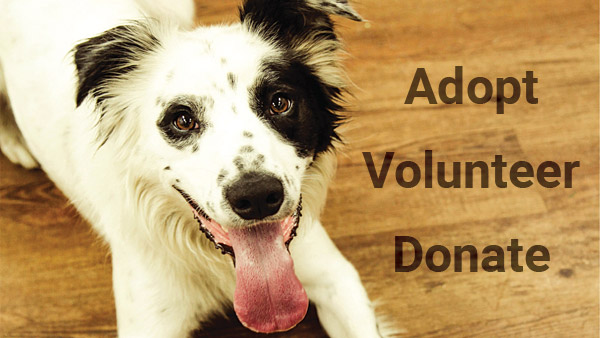Canine Flu Q & A
- This topic has 0 replies, 1 voice, and was last updated 16 years, 4 months ago by
Mackenzie’s Admin.
-
AuthorPosts
-
January 23, 2009 at 3:12 am #335
Mackenzie’s Admin
MemberOur experts at the ASPCA Animal Poison Control Center answer the most commonly asked questions about canine influenza virus.
What is the Canine Flu?
Canine influenza is a contagious viral infection of dogs, caused by Influenza Virus A subtype H3N8.Did this virus come from the Bird Flu?
No—the canine influenza virus is not a mutation of avian influenza, commonly known as Bird Flu. The avian flu virus of worldwide concern is a different subtype (H5N1). While both are in the same broad, general family of viruses (Orthomyxoviridae) that cause the flu in people, pigs and birds, they are not the same strain. Canine influenza is actually more closely related to the horse or equine influenza virus, and likely mutated from this strain.What does the Canine Flu do to dogs?
The canine influenza virus can cause mild to severe illness. Mild effects include a soft, moist cough with or without a low grade fever that lasts 10 to 30 days despite treatment, along with yellow/green nasal discharge if a secondary bacterial infection occurs. More severe illness can result in high grade fever as well as rapid/difficult breathing, which is usually caused by secondary pneumonia.Is Canine Flu fatal?
Typically, most infected dogs develop mild to moderate signs that resolve within 10 to 30 days without problems. As with other flu viruses, fatalities can potentially occur, but are not common and are generally due to secondary complications such as bacterial pneumonia.Is the virus just in a few states, or is it all over?
Canine Flu is currently considered to be an endemic virus, meaning that outbreaks have occurred sporadically in certain areas. Currently, outbreaks at dog race tracks have been reported in Alabama, Arizona, Arkansas, Colorado, Florida, Iowa, Kansas, Massachusetts, Rhode Island, Texas, West Virginia and Wisconsin. Outbreaks in pet dogs have occurred in California, Connecticut, Florida, Georgia, Massachusetts, North Carolina, New Jersey, New York, Ohio, Oregon, Pennsylvania, the state of Washington, and Washington, D.C. These cases occurred in animal shelters, rescue groups, pet stores, boarding kennels and veterinary clinics.How easy is it for my dog to catch?
The virus is contagious—spread via aerosolized respiratory secretions. Thus far, most outbreaks have occurred between dogs who are kept in large numbers in relatively close quarters, such as greyhounds at racing tracks. The risk of infection in a canine who does not attend dog shows or frequent kennels is fairly low. However, because this is a recently emerged disease, there is no natural or vaccine-induced immunity—so all dogs are susceptible.I think my dog may have caught Canine Flu. How do I know for sure?
The symptoms of canine influenza closely resemble those seen with other respiratory diseases, such as kennel cough. Because of this, kennel cough can potentially be mistaken for canine flu.While there is currently no reliable rapid test available to veterinarians for diagnosing canine influenza, tests are available at certain diagnostic labs. For more information, contact your local veterinarian.
Can people get Canine Flu?
There is no evidence to date demonstrating that the canine influenza virus can be spread from dogs to humans. It is typically uncommon for a virus to “travel” from one species of animal to another, and then become infectious among individuals of the second species with normally functioning immune systems.What can people do to help prevent spreading Canine Flu from one dog to another?
Any dog infected with Canine Flu or as any other respiratory disease should be kept away from other dogs until the illness completely resolves.Solutions as simple as soap and water are effective disinfectants for eliminating the virus from surfaces. To help reduce the risk of spreading the virus, gloves should be worn when handling infected dogs or cleaning contaminated cages.
Where can I go for additional information about Canine Flu?
For more information about canine influenza, please visit the American Veterinary Medical Association’s Canine Influenza Page. -
AuthorPosts
- You must be logged in to reply to this topic.












































